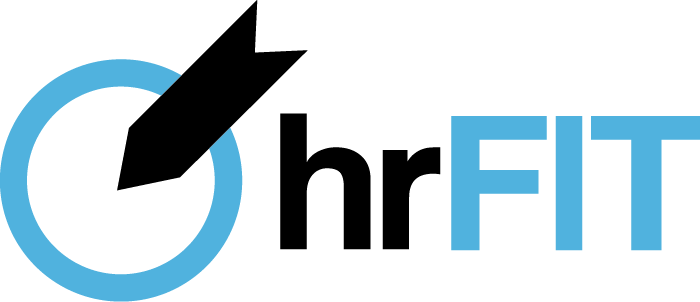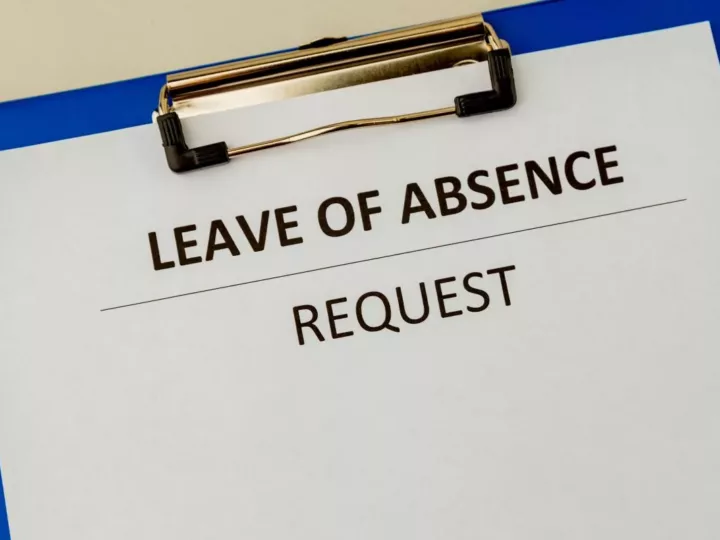
The job market is constantly evolving — are you keeping up? Every year, new technologies, legislation, and workplace trends affect how organizations search for new candidates, as well as how those candidates ultimately choose who to work for. Of course, 2025 is no different. So, how does this year differ from previous years? Check out some recruitment and hiring trends to watch in 2025 and learn how to more easily attract the most qualified job seekers.
The COVID Effect
Since the COVID-19 pandemic, remote or hybrid work has become more widely expected by job seekers, though some employers are moving away from the trend. In 2020 and in even years following, stay-at-home mandates meant an explosive growth in telework services; consequently, remote work became the so-called “new normal” for many employees. Five years after the pandemic begin, the Pew Research Center reports companies are requiring employees to work from the office at an increasing rate — a trend that has practically split workforce opinion down the middle with 46% of surveyed employees saying they would be unlikely to stay with their current jobs if such mandates applied to them.
Today, remote and hybrid work is often viewed as a benefit; occasionally, companies will award remote workdays to employees in good standing. Some of our own clients have almost entirely removed remote work as an option — and when recruiting for open positions, we often encounter applicants who are only interested in remote/hybrid work structures and ultimately withdraw their applications. For some companies, however, remote work is not feasible because of the nature of the work; in these instances, bringing employees back is a relief for them.
The Power of AI
In recent years, artificial intelligence has become more widespread among numerous sectors, including talent acquisition. Specifically, AI-powered recruitment tools have allowed organizations to filter more qualified candidates from other job seekers, enabling managers to more quickly screen resumes, generate job descriptions, and assess candidate traits and qualifications for selected positions. Employers are also prioritizing employee engagement and wellness in remote and hybrid workplaces. Data-driven DEI initiatives powered by AI technology are also becoming more widespread and helping organizations reach more prospective hires — and customers.
New Laws & Regulations
As is often the case, brand-new legislation introduced this year has altered hiring practices. As of Jan. 1, 2025, minimum wage in Illinois increased to $15 per hour and the Pay Transparency Amendment to the Illinois Equal Pay Act of 2003 has laid out new requirements for most employers when posting job openings. Additionally, protected classes statewide per the Illinois Human Rights Act (IHRA) were expanded in January. The expanded protections prohibit discrimination based on family responsibilities (e.g., providing personal care or assisting with medical appointments) and reproductive health choices.
Finding the right candidate for your organization can be challenging — but HR Fit can help. Learn more about our Generalist HR Services or call 309.863.1202 !





